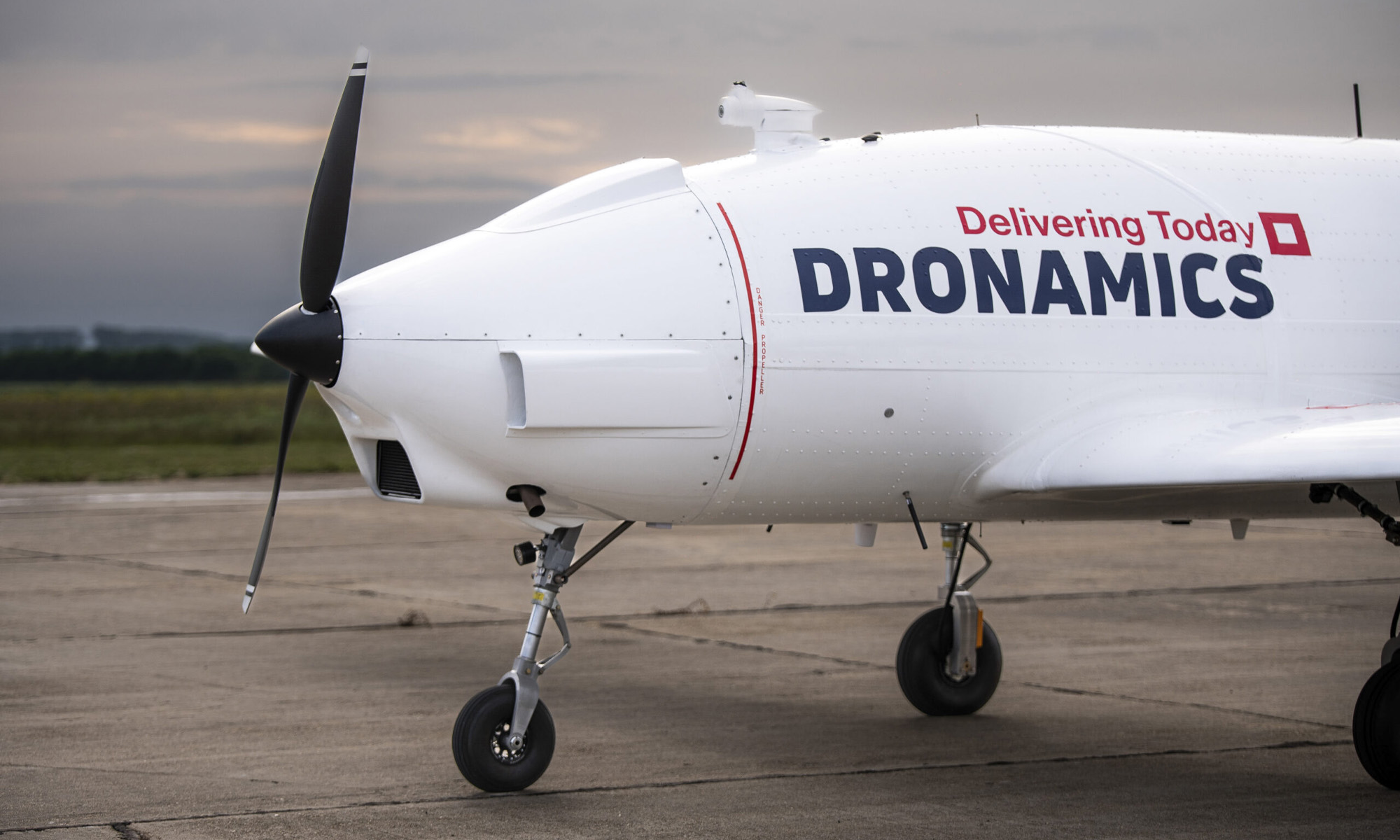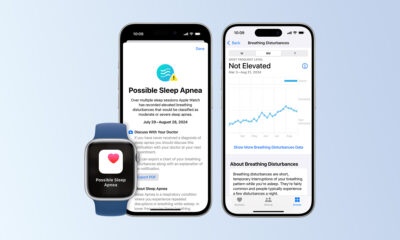News
Drones Set To Make UAE Deliveries Faster And Cheaper
Aramex and Dronamics hope to conduct pilot flights in 2024, collaborating with regulators and facilitators to create a cutting-edge logistics network.

As the United Arab Emirates embraces widespread logistics and transport innovation, Emirati residents may soon receive courier packages via drones.
The introduction of these cutting-edge services comes from Dronamics, the world’s first cargo drone airline, with fleet management capabilities provided by partner firm Aramex.
Dubai authorities have already showcased drone deliveries for a wide range of goods within the government-owned Silicon Oasis free zone under the watchful eye of the Civil Aviation Authority.
Now, more widespread consumer drone deliveries are being planned, with trials to start as early as 2024. The autonomous craft will be equipped with cutting-edge connectivity and navigation systems, as well as parachutes and collision-avoidance technology.

Alaa Saoudi, Aramex Chief Operating Officer, said, “The cargo hold should be able to give us 3.5 cubic meters of space, which would be good for quick turn-around operations within our express middle mile operations. But it can be utilized for customers with larger consignments in the last mile as well”.
The drones will enable same-day and long-range deliveries, offering up to 80% faster deliveries at half the cost. Meanwhile, carbon dioxide emissions for drone freight are said to be 60% less than those of traditional transport vehicles.
Also Read: Startup Helps Visitors Explore Dubai Baggage-Free
“We’re excited to collaborate with Aramex, integrating our cargo drone technology to bring the transformative benefits of rapid, cost-effective, and sustainable same-day delivery to the global stage,” said Svilen Rangelov, Co-Founder and CEO of Dronamics.
Dronamics’ remotely-piloted machine is known as Black Swan. The drone requires just 400 meters to land and take off, making it a viable solution for remote deliveries where traditional airports are either missing or underdeveloped.
If the Aramex and Dronamics collaboration proves successful, further joint deployments will be possible, with the two tech firms eying up key markets, including Saudi Arabia, South Africa, and Australia.
News
Samsung Smart Glasses Teased For January, Software Reveal Imminent
According to Korean sources, the new wearable will launch alongside the Galaxy S25, with the accompanying software platform unveiled this December.

Samsung appears poised to introduce its highly anticipated smart glasses in January 2025, alongside the launch of the Galaxy S25. According to sources in Korea, the company will first reveal the accompanying software platform later this month.
As per a report from Yonhap News, Samsung’s unveiling strategy for the smart glasses echoes its approach with the Galaxy Ring earlier this year. The January showcase won’t constitute a full product launch but will likely feature teaser visuals at the Galaxy S25 event. A more detailed rollout could follow in subsequent months.
Just in: Samsung is set to unveil a prototype of its augmented reality (AR) glasses, currently in development, during the Galaxy S25 Unpacked event early next year, likely in the form of videos or images.
Additionally, prior to revealing the prototype, Samsung plans to introduce…
— Jukanlosreve (@Jukanlosreve) December 3, 2024
The Galaxy Ring, for example, debuted in January via a short presentation during Samsung’s Unpacked event. The full product unveiling came later at MWC in February, and the final release followed in July. Samsung seems to be adopting a similar phased approach with its smart glasses, which are expected to hit the market in the third quarter of 2025.
A Collaborative Software Effort
Samsung’s partnership with Google has played a key role in developing the smart glasses’ software. This collaboration was first announced in February 2023, with the device set to run on an Android-based platform. In July, the companies reiterated their plans to deliver an extended reality (XR) platform by the end of the year. The software specifics for the XR device are expected to be unveiled before the end of December.
Reports suggest that the smart glasses will resemble Ray-Ban Meta smart glasses in functionality. They won’t include a display but will weigh approximately 50 grams, emphasizing a lightweight, user-friendly design.
Feature Set And Compatibility
The glasses are rumored to integrate Google’s Gemini technology, alongside features like gesture recognition and potential payment capabilities. Samsung aims to create a seamless user experience by integrating the glasses with its broader Galaxy ecosystem, starting with the Galaxy S25, slated for release on January 22.
























